There are loads of beliefs and opinions about exercise – we all have them. It’s why lots of us choose to be active. We believe it’s good for us (it is!), we believe it helps us lose weight (it can do, but not on its own). Some people believe they are good at it (matter of opinion!), others think it’s not for them…and perhaps they haven’t found the activity for them or had the right opportunity. I know there are lots of social and cultural factors at play here, and it is simply harder for some people than others.
However, in and amongst these beliefs and opinions lie a lot of myths and misconceptions about exercise. Old wives tales that are passed down from generation to generation, advances in science and research means that exercises that used to be advised might not be as good for us as we thought – or at least there are other more effective methods. And then there’s the big one – social media. Fake news, advertising, social influencers and even our friends and families sharing their swear by tips. It’s a minefield. My daughter thinks everything she sees and hears on TikTok is 100% gospel truth – in fact if it’s not on TikTok it probably hasn’t even happened!
The trouble is, a lot of the myths actually make sense and sometimes there seems to be evidence that backs up our beliefs. Take for example, weight training. Lifting heavy weights makes you stronger and builds muscle, right? Correct! So if I don’t want to become too muscly I shouldn’t lift weights that are too heavy? Nope! This is one of the misconceptions I held – that it was better for me to lift lighter weights and do more repetitions – that way I would build muscle endurance and have nice shapely muscles without becoming the next Little Miss Bodybuilder UK (N.B. not an official title). It seems to make sense doesn’t it? And whilst building muscle endurance is fine, so I wasn’t doing any harm, my misconception meant I had been missing out on some really great health benefits.
Women’s bodies can’t, on the whole, naturally build the level of muscle that you see in some of the extreme body building photos you might have seen in the media. Our bodies don’t produce anywhere near the amount of testosterone needed for that sort of muscle bulk. The competitive body builders will be on a really strict diet and most likely be taking nutritional supplements (and in some cases other drugs!) to produce the body transformations they are seeking. But for the average woman, big masculine muscles are not physically possible – fact!
What is possible though by strength training is a whole host of health gains that would benefit us all – here are a few:
– Strength training stimulates your metabolism. This basically means you will burn more calories at rest (absolute win!) so helps to manage your weight.
– Stronger bones – given that us women are at greater risk of developing osteoporosis (brittle bones), strength training helps protect our bones, reducing the risk of fractures – especially important as we get older when bone density naturally decreases.
– Improves functional ability – having strong muscles helps us perform daily tasks (gardening, going up the stairs, lifting children, carrying shopping bags etc.) Again as we get older, muscle mass naturally declines (getting older sucks!) so working those muscles helps delay the aging process. We all try our best to reduce the effects of aging on our skin and hair, so why not do the same with our muscles?
Suffice to say there are loads of reasons why strength training is a good idea for women and it’s never too late to benefit. It doesn’t mean you have to go to the gym and go to the scary “big weights” room. My bodyweight is still (more than) enough for me with press-ups! I’ll keep at it and even if I can’t manage more than 10 in a month, at least I’ll be age-proofing my body and doing myself a whole lot of good in the process.
Next up, fat burning myths…





